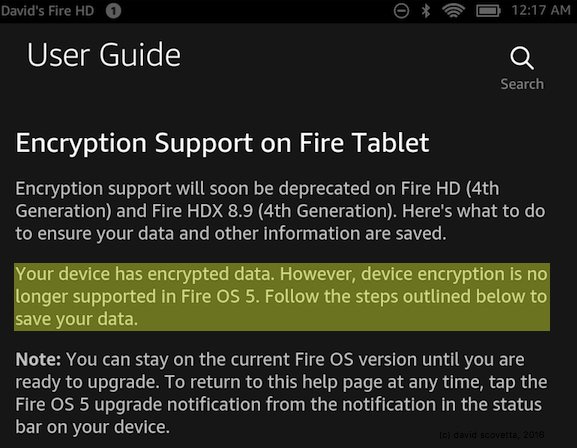– For a sustainable development towards a Tanzanian Information Society
Everyone might agree that the best development aid is to help people to help themselves. Following that guideline the KUKU framework enables sustainable development in 3 areas:
- Global Warming: KUKU is Personal Computing with hardware optimised for energy saving – predetermined for solar power supply.
- Economic Development: KUKU lays the foundation for building an independent IT industry with local software customization and support.
- Education and Information: KUKU facilitates the emergence of Swahili domestic digital content and ensures the continuation of a self-determined Swahili culture.
At present Tanzania could serve as a textbook case of the Digital Divide1, as for a vast majority the use of ICT remains very limited due to three crucial problems:-
- Today 85.5% of the Tanzanian people are not connected to the national electrical grid, substantially increasing their costs to operate a PC (hardware problem);
- There is no Graphical User Interface (GUI) in the national and official language Kiswahili (software problem).
- Internet access is too unreliable and expensive for average citizens (network problem).
It is believed that the use of smartphones and tablet-computers points into the future2, as such hardware is optimised for low power consumption – promising affordable solar power supply.
Alas this innovation comes with a cost: the demise of the PC as an open platform! It is little for the better and much for the worse, if by the means of iOS, Android or Windows 8 a corporation controls what users consumers may execute, play or install on their devices of which they only own the material body – don’t you dare to open it! 3
Bad example of March 2016: Amazon Inc. just removed encryption from its Android-Clone tablet devices 😈

For Developing Countries this unprecedented shift of power from end users and software developers on the one hand, to operating system vendors on the other is devastating. Alike GMO seeds create dependent farmers, the shut-down of the generative core of a computer safeguards perpetual dependency from remote administration and services within a locked-down business ecosystem.
Centralising the Internet, supranational corporations are establishing a new kind of imperial supervision, superimposing national laws by software code while annulling national borders by network architecture. KUKU stands for our counter-concept about how Tanzania can meet her dire need for low-cost, low-power computers without yielding to foreign restrictions.4
Our free and open software tool-kit “Uhuru OS” liberates hardware from deliberate corporate constraint or corporate surveillance while improving performance and potential.
The KUKU IT-Toolkit
The Uhuru OS platform consists of some of the finest code ever programmed:-
- An UNIX system core – tier one industrial standard, backbone of the Internet;
- A desktop environment similar to Apple’s Mac OS X in technology and usability;
- A software componentry framework, ready to carry out customary tasks, designed for easy extensibility to any further necessity.
- A free community network connectivity software.
Because of its ingenious design Uhuru OS can be localised into other languages without great efforts or cost; thereby enabling even indigenous peoples to utilise PCs while facilitating the “preservation of their heritage and their cultural legacy” in accord with the UN Commitment 2005 on ICT.
Uhuru OS adheres to the subsidiarity principle by facilitating the implementation of self-organising community networks, thereby supporting decentralisation and grass-root-level organisation. Complementary to the Internet, solar-powered communal networks will provide communication free of charge, fostering a local circular flow of the economy or education.
Uhuru OS’ completion process will include the sharing of expertise the Dar es Salaam Institute of Technology (DIT), appointed by the Ministry of Communication, Science and Technology. Via DIT the KUKU IT-competence will be distributed into the education sector. As a result the knowledge about customising Uhuru OS by writing small extensions (plug-ins) will open up an opportunity for many to make a living in a blossoming ICT sector.
Since the Kiswahili language works as a natural trade barrier to keep away international competition, the prospects for sustainable growth in national ICT are promising.
In the wake of the smart-computer boom, lots of me-too products5 are flooding the market, as East Asian manufacturers (ODMs) are looking for their business share. As a result a good selection and supply of low-cost, low-power devices to use with Uhuru OS is guaranteed.
For the future KUKU Trust will act as the guardian of the KUKU toolkit, maintaining free access and fair licensing to protect the common interest in independent Tanzanian ICT.
Read more about how to put Uhuru OS into practice
Read more about our solar energy supply system SOLAPOA